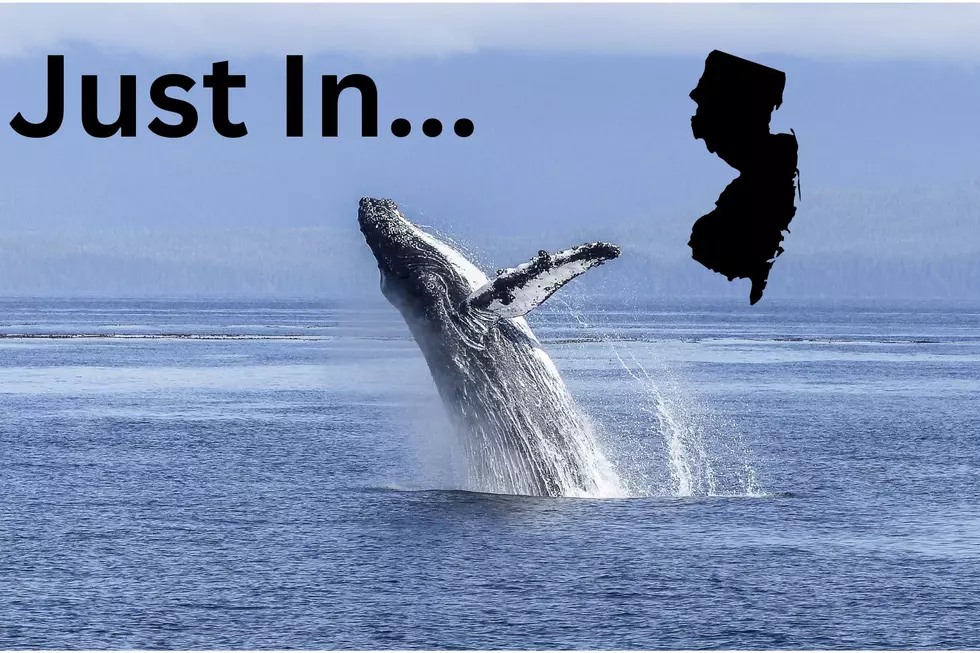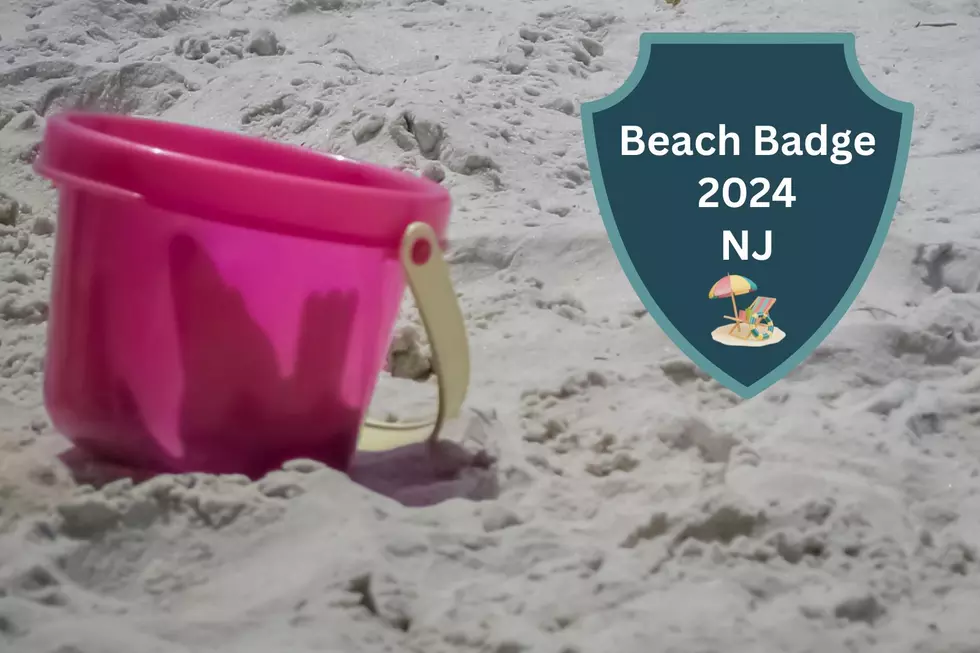What does it take to become a police officer at the Jersey Shore?
Our local police are the first line of defense in times of trouble, help when we need it and protectors of the community.
On day one of our series on first responders this week, we find out what it takes to become a police officer.
To become a police officer in Manchester, men and women must first pass a rigorous physical training test.
"It's to put them under stress and we have some of the officers yelling and creating an atmosphere of stress for the candidates," Chief Lisa Parker said. "We do that because we want to see how they're going to respond. Can they physically work under stressful situations? It's stressful at times and you need to physically be able to perform under stress."
Applicants need to complete the physical training test which consists of timed pull ups, push-ups and sit-ups before they hit the track to run a mile.
If they reach a minimum of 200 points, it's into the ring to box for about a minute, which is meant to further test an applicants ability in real life situations.
"You fight whoever the next person in line is, we don't get to pick on the street if the person is big, tall, short, male, female...it doesn't matter so you have to be able to perform under stress and protect yourself and others," Parker said.
If applicants make it through the physical test, they're given a study guide for the written exam.
Chief Parker looks for signs of character and integrity on the oral exam which follows the written test.
"As police officers we're going into peoples houses when they're most vulnerable, I want to know that there could be a million dollars sitting on the table and that not one officer will touch it," Parker said.
There are several tests men and women have to pass to become a police officer, but if they get the job they have to continue proving themselves in their department to rise up the ranks.
"Once you're hired you go into a 12-week training process and for the first year you're really under a lot of scrutiny to make sure that you can perform and assimilate to a lifetime of policing," Parker said. "If they make it past that one year, they're always assigned to patrol."
The other assignments higher up than patrol including Detective, K9 Unit, Traffic Safety Officer come over time and is something that's earned not given.
Chief Parker says she looks for leadership, dedication and commitment when a promotional opportunity opens up in the department.
"You will see, in patrol, informal leadership already rising to the top, you'll see people who will work harder and just go out of their way to be the best in patrol and they usually are the ones who move up through the ranks," Parker said.
Patrol officers can rise further when promotional opportunities open up by continuing to show those traits.
Police officers are the protectors of our communities but many times don't get recognized for their efforts but criticized as a whole for what a few rogue officers have done.
As a result of the way police have been portrayed, there are some in law enforcement who feel men and woman are now less inclined to join their local force because of how certain people and organizations view police officers.
Chief Parker says many law enforcement officers agree they're not very well portrayed fairly by the media but she's calling on her fellow officers across the U.S. In helping change that narrative.
"Most people in law enforcement would agree that we're not always portrayed fairly in the media but it's our job and responsibility as law enforcement leaders to get the positive message out about what our guys and gals are doing every single day on the streets," Parker said. "We need to use all of our social media platforms, we need to use every opportunity to meet with the community and to show them and be apart of the change with our police officers are viewed. That's kind of on us, we need to take responsibility for that."
She says police need to use in-person interactions to get the positive message out about what they're doing to continue helping their communities.
"Every time we have an interaction with somebody, every single police officer in the United States, every time you have an interaction with someone that's your opportunity to change how somebody feels about law enforcement, it's your opportunity to show them how your here to serve your community not to be served," Parker said.
Chief Lisa Parker shares more about what it takes to be a police officer in the video below:
More From 92.7 WOBM









